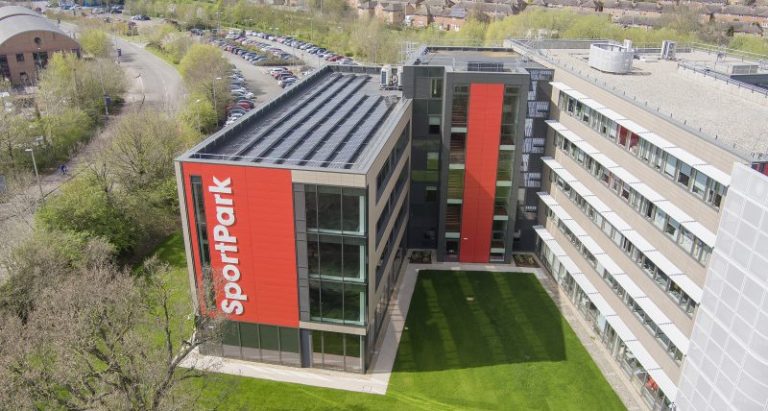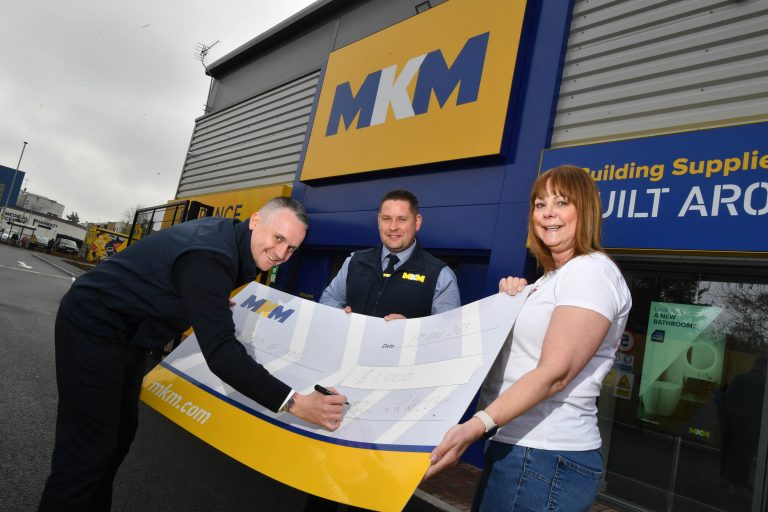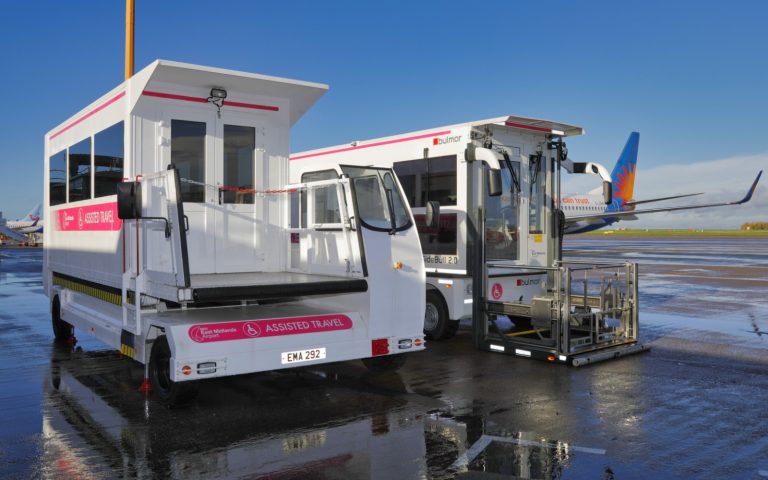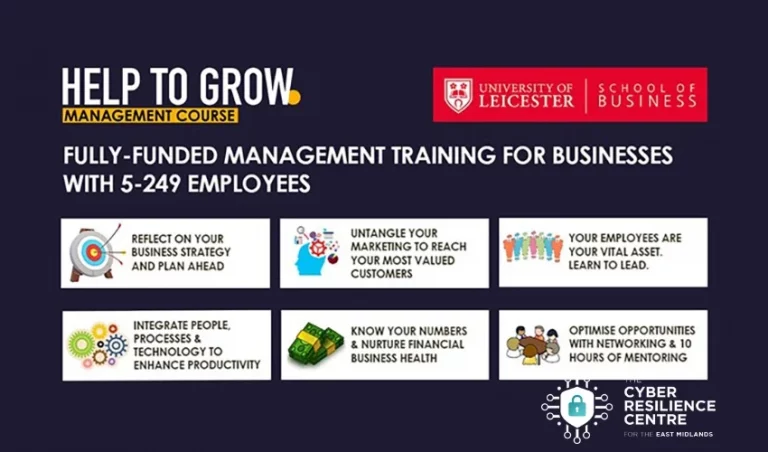Small business leaders across the East Midlands are invited to take advantage of the 90% government-funded Help to Grow: Management Course which the
East Midlands Cyber Resilience Centre (EMCRC) are fully supportive of.
Designed by entrepreneurs and industry experts from the UK’s leading business schools, the course helps small business leaders and senior managers from every industry to boost leadership skills as well as business performance and resilience.
Help to Grow: Management is a 12-week course covering the critical components required to develop a resilient business strategy. It includes online and face-to-face sessions, 10 hours of 1-to-1 mentoring, peer networking, and support to develop a Growth Action Plan. 90% funded by UK Government, the course costs just £750 per person.
This practical leadership course provides time away from the challenges of running a business to invest in your leadership, equipping you with the knowledge and confidence to take your business to the next level:
- Develop leadership skills across all areas of business including strategic planning, employee engagement, vision and values, finance, and marketing
- Develop strategies for market segmentation, positioning and targeting to streamline the marketing approach
- Gain exclusive access to a regional peer network to share practical challenges, ideas, and experiences
- Work with a mentor to develop a Growth Action Plan tailored to your business and its unique journey
- Learn how to engage your employees on the business journey and plan the future structure of the organisation
- Identify new technologies and digital approaches to enhance innovation and productivity across your business
- Improve operational efficiency to save time and money.
At the end of the Help to Grow: Management Course, you will be ready to lead the change required to scale your business, even in the most challenging of conditions.
To be eligible for the course, your business must employ between 5 and 249 people, and have been operational for at least a year. SMEs employing 10 or more people can enroll 2 senior managers on the course.
The course is delivered by multiple Small Business Charter accredited business schools in the East Midlands, including the University of Leicester School of Business. More information, including course dates and testimonials from course participants, is available from the Help to Grow: Management website.
Ian Harmer, Business Coordinator at the University of Leicester School of Business, said: “I would encourage owners and managers of SMEs with 5 or more employees to find out more by reviewing the participant testimonials at www.le.ac.uk/helptogrow or exploring the case study videos at Help to Grow Management – YouTube. This is a fantastic business opportunity, so do take a look at the resources available to you. The University of Leicester School of Business is delivering the course in both the East Midlands and East of England. The East Midlands course starts on May 5.”
Colin Ellis, Managing Director at the East Midlands Cyber Resilience Centre, added: “The EMCRC exists to help organisations to be resilient to cyber-crime and support them where we can in other ways, too – this is great scheme to help business grow.”
 “We are proud to continue our affiliation with the Residential Development of the Year category for the fifth year and we look forward to celebrating with everyone later in the year.”
The awards, which will take place on Thursday 28 September at the Trent Bridge Cricket Ground, celebrate the outstanding work of those shaping the landscape of our region, recognising development projects and people in commercial and public building across the East Midlands – from offices, industrial and residential, through to community projects such as leisure schemes and schools.
Nominations are now OPEN for East Midlands Business Link’s annual Bricks Awards.
To nominate your (or another) business/development for one of our awards, please click on a category link below or visit this page.
“We are proud to continue our affiliation with the Residential Development of the Year category for the fifth year and we look forward to celebrating with everyone later in the year.”
The awards, which will take place on Thursday 28 September at the Trent Bridge Cricket Ground, celebrate the outstanding work of those shaping the landscape of our region, recognising development projects and people in commercial and public building across the East Midlands – from offices, industrial and residential, through to community projects such as leisure schemes and schools.
Nominations are now OPEN for East Midlands Business Link’s annual Bricks Awards.
To nominate your (or another) business/development for one of our awards, please click on a category link below or visit this page.











 To be held at:
To be held at:























